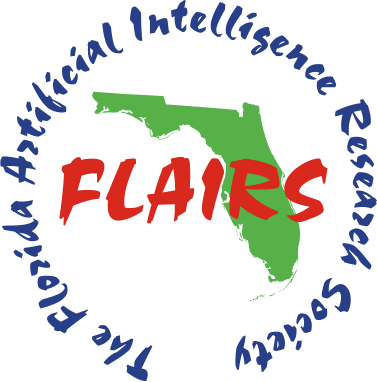A Deep Learning and Transfer Learning Approach for Vehicle Damage Detection
DOI:
https://doi.org/10.32473/flairs.v34i1.128473Abstract
According to the U.S. Department of Transportation, there is an average of six million motor vehicle crashes every year in the United States. For insurance companies, it is very time-consuming and expensive to process claims for detecting and classifying vehicle damages; thus, deep learning techniques have been used to automate this process to reduce the time and the cost. In this paper, Mask R-CNN is used for image segmentation to identify and crop vehicles from images. Then a convolutional neural network (CNN) model is built to classify whether or not the vehicles have damages. In addition, transfer learning is utilized in both image segmentation and classification phases to help build the models for vehicle detection and damage detection, using the pre-trained weights from Microsoft COCO dataset and ImageNet, respectively. 864 images of damaged vehicles collected from public websites, such as Google Images, are used in this research. The experiment on the detection of bumper damages has achieved 87.5% accuracy.


